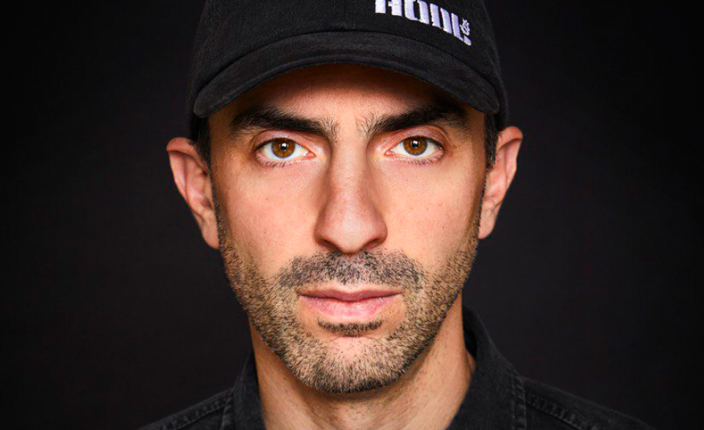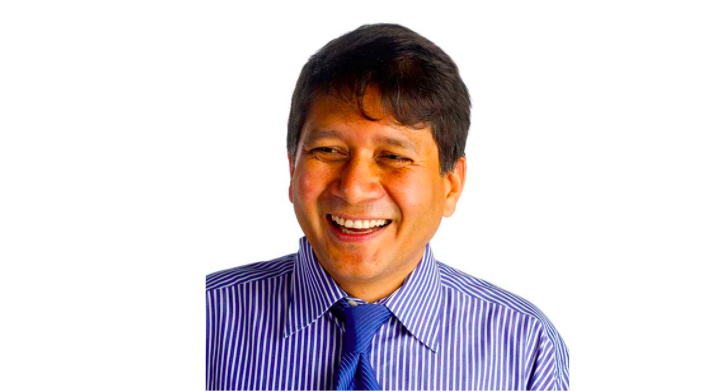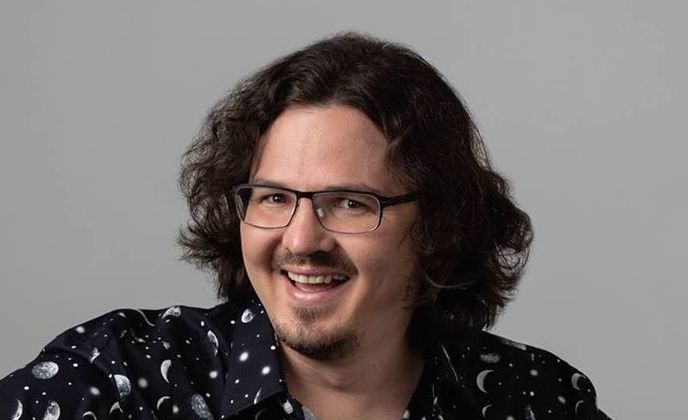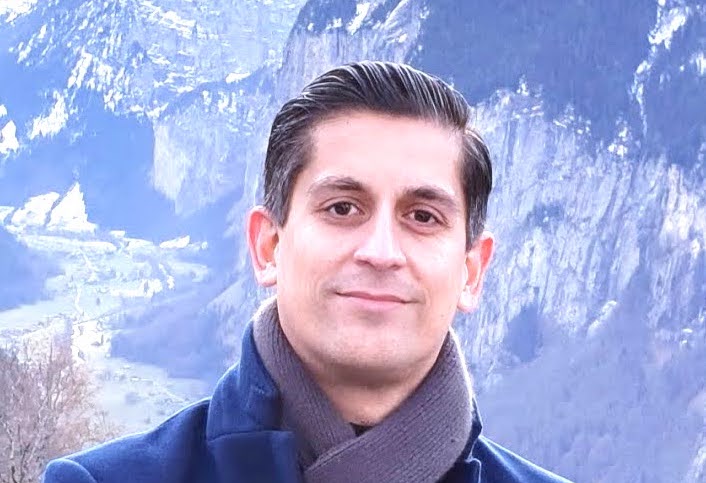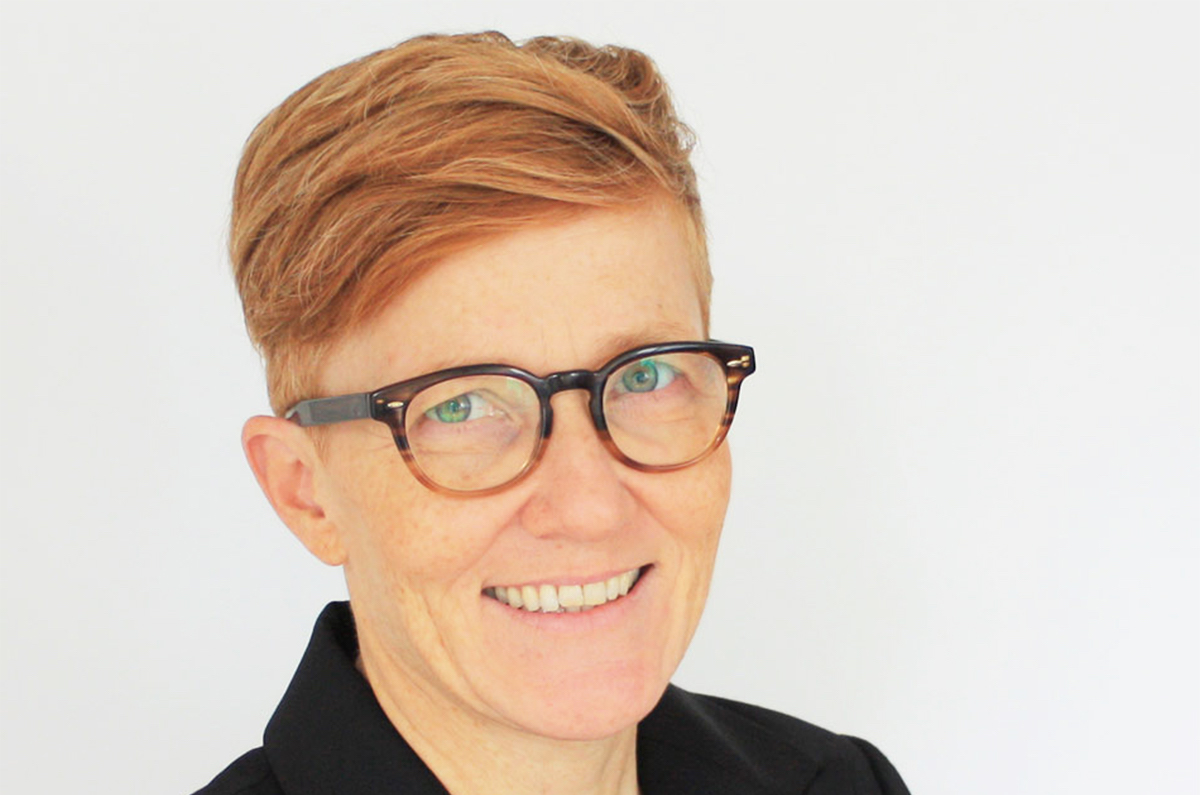 Blog
BlogPrivacy is a Luxury : Interview with Anita Posch ②
I think anybody should have the right to data privacy. Companies or governments should not be allowed to collect private data by default. The users and the people should have the right to decide who is allowed to see and use what part of our data. People living in poverty struck regions they do not care about privacy measures because they need the services. They cannot afford the luxury to put in extra work to care for their privacy personally. They do not have any other options either. For example, 99% of all digital payments in Zimbabwe are done with EcoCash simply because it is the only other option to pay for anything besides cash.

